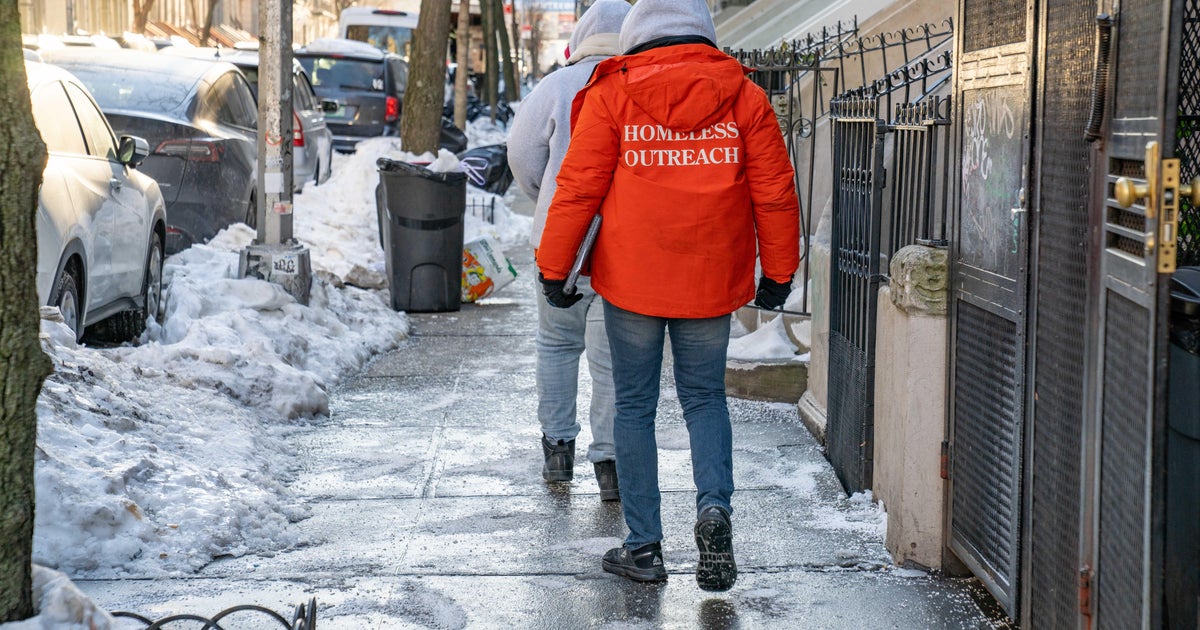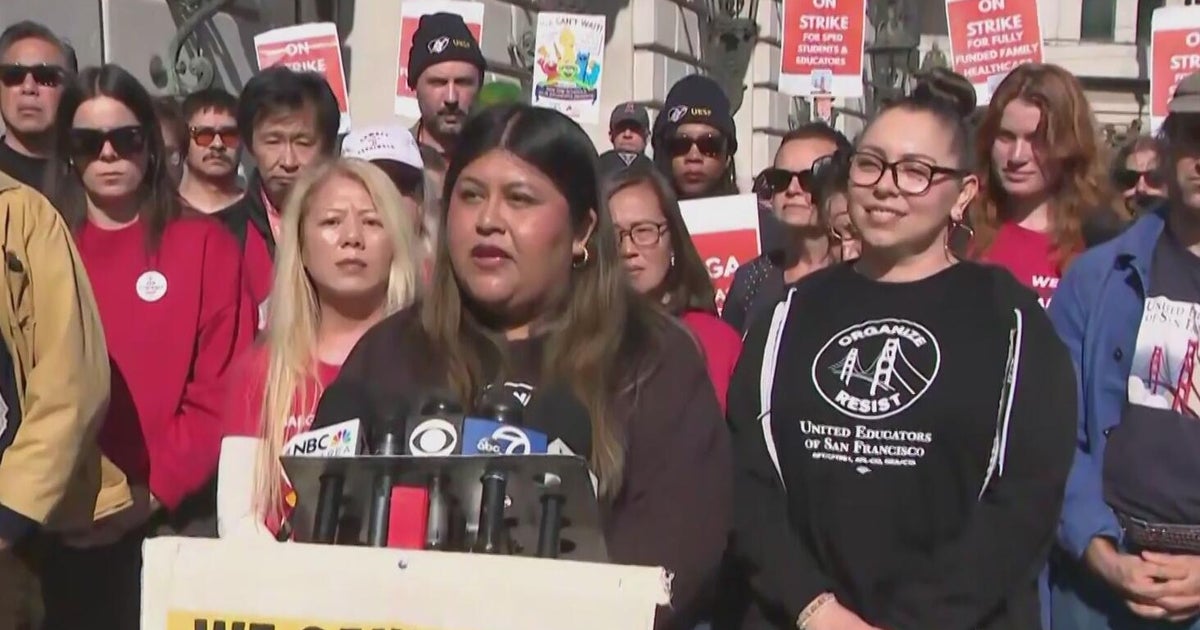Study: COVID Vaccines Less Protective Against Delta Infection, But Still Reduce Risk By Two-Thirds
(CBS/CNN) -- Vaccine effectiveness against Covid-19 infection dropped from 91% to 66% once the Delta variant accounted for the majority of circulating virus, according to a study published Tuesday by the US Centers for Disease Control and Prevention.
"While we did see a reduction in the protection of the Covid-19 vaccine against the Delta variant, it's still two-thirds reduction of risk," lead author Ashley Fowlkes, an epidemiologist for CDC Covid-19 Emergency Response, told CNN on Tuesday.
The study is in line with others from the US and around the world showing Delta's increased tendency to cause largely minor infections among fully vaccinated people. Still, the effectiveness of vaccines against severe disease -- including hospitalization and death -- has remained high against all known variants.
In Massachusetts, there have been 15,739 "breakthrough" infections as of Aug. 21. That represents just 0.35% of the total number of fully vaccinated people in the state. There have been 571 hospitalizations from breakthrough infections - which makes up .01% of fully vaccinated people - and 131 deaths.
The current study does not cover disease severity, however. Instead, the new paper is the latest chapter in an ongoing study that has been following "health care personnel, first responders, and other essential and frontline workers" who receive weekly PCR tests in eight locations across six US states. The vast majority are vaccinated.
The study's reliance on regular, weekly testing makes it possible to capture a more complete picture of Covid-19 infections in a group, since people with mild or no symptoms may be less likely to get tested overall. In the official vaccine trials, efficacy was calculated against symptomatic Covid-19 -- not all infections.
Still, the authors warn there is some uncertainty in these estimates, in part because they found relatively few infections in the first place. During the months when Delta was predominant, researchers found 19 infections among 488 unvaccinated people, and 24 infections among 2,352 fully vaccinated people.
While waning immunity may also contribute to some degree of reduced protection, the current study was unable to show this to a significant degree. Separate research suggests that even if a fully vaccinated person gets infected with the virus, they may be less likely to spread it. About 51.5% of the population is fully vaccinated, according to data from the CDC.
More than 65% of the population in Massachusetts is fully vaccinated, and 71% have received at least one dose.
The study's authors are planning future analyses comparing the different Covid-19 vaccines as well as the types of symptoms experienced by vaccinated and unvaccinated people who become infected.
"It's still a very powerful vaccine," Fowlkes added, especially when it comes to more severe outcomes. "But we are also looking towards continuing to use masks for a little bit longer."
Separately, a new study out of Los Angeles County reaffirms that fully vaccinated people are far less likely than unvaccinated people to be hospitalized, admitted to an intensive care unit, require mechanical ventilation or die from Covid-19.
"On July 25, infection and hospitalization rates among unvaccinated persons were 4.9 and 29.2 times, respectively, those in fully vaccinated persons," researchers from the Los Angeles County Department of Public Health wrote in the study, which was published Tuesday by the CDC.
Fauci predicts Covid could be 'under control' by spring
Despite these studies about the benefits of vaccination, tens of millions of people have hesitated to get the shots. Because of that, hospitals in many states with lower vaccination rates are overwhelmed by a surge in patients, students are returning to the classroom only to have to isolate due to exposure and cases among children are on the rise.
Mississippi reported 111 new Covid-19-related deaths on Tuesday, a one-day record, state epidemiologist Dr. Paul Byers said Tuesday. 87% of new deaths are among the unvaccinated and more than 50% are over the age of 65, he said.
Florida, too, reported a record high average of about 212 Covid-19 deaths each day last week, according to data from Johns Hopkins University.
Dr. Anthony Fauci urged the public to get vaccinated and said if the "overwhelming majority" of the population does so the US could have the pandemic "under control" by spring of 2022.
"We hope we'll be there ... but there's no guarantee because it's up to us," Fauci, director of the National Institute of Allergy and Infectious Diseases and the President's chief medical adviser, told CNN's Anderson Cooper Monday.
It isn't yet clear to health experts what proportion of the population needs to be vaccinated to reach a level of protection that could sustain a return to normalcy, like safely going to restaurants and theaters, Fauci said. So the best way forward is to vaccinate as many people as possible, he said.
On Monday, the US Food and Drug Administration granted full approval to the Pfizer/BioNTech Covid-19 vaccine for people 16 and older, a move that Fauci said could convince a significant portion of hesitant Americans to get vaccinated.
Still, Fauci's spring 2022 timeline is daunting politically for President Joe Biden, who already declared partial victory over the virus on July 4. In addition, CNN chief medical correspondent Dr. Sanjay Gupta questioned the definition of what it means to "control" a virus that looks to be here for the long haul.
"This is one of those situations where I think defining what it means to be in control of the pandemic is really important," Gupta said Tuesday.
"If we have more people vaccinated, it's likely we will decouple hospitalizations from cases, and maybe that will be a definition of control. (If) people aren't getting that sick anymore, ending up in the hospital, the virus starts to slowly not have places to circulate, that will be a definition of control. I think we're going to see waves of this for some time," he added.
(© Copyright 2021 CBS Broadcasting Inc. All Rights Reserved. CNN's Michael Nedelman, Eric Levenson and Madeline Holcombe contributed to this report.)







